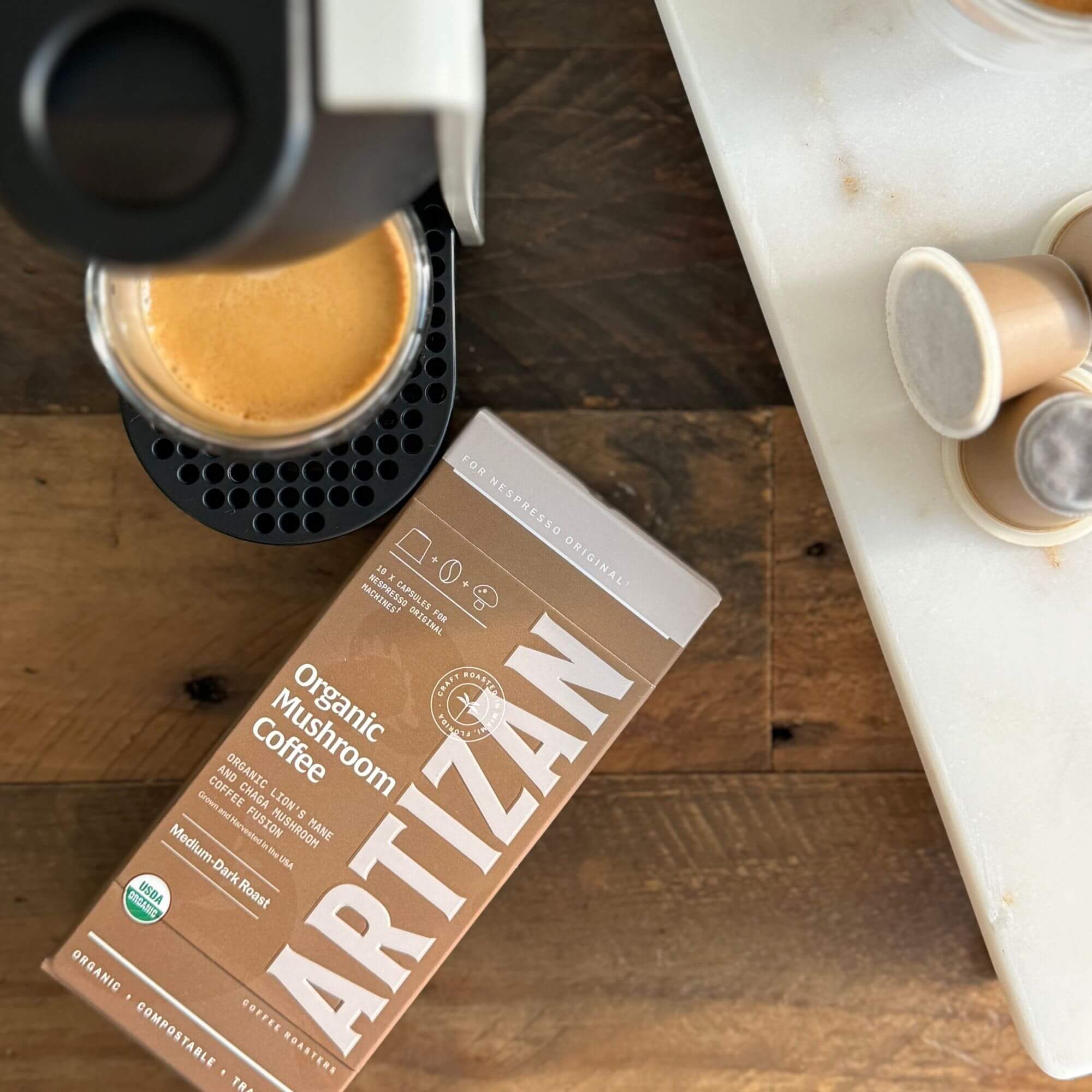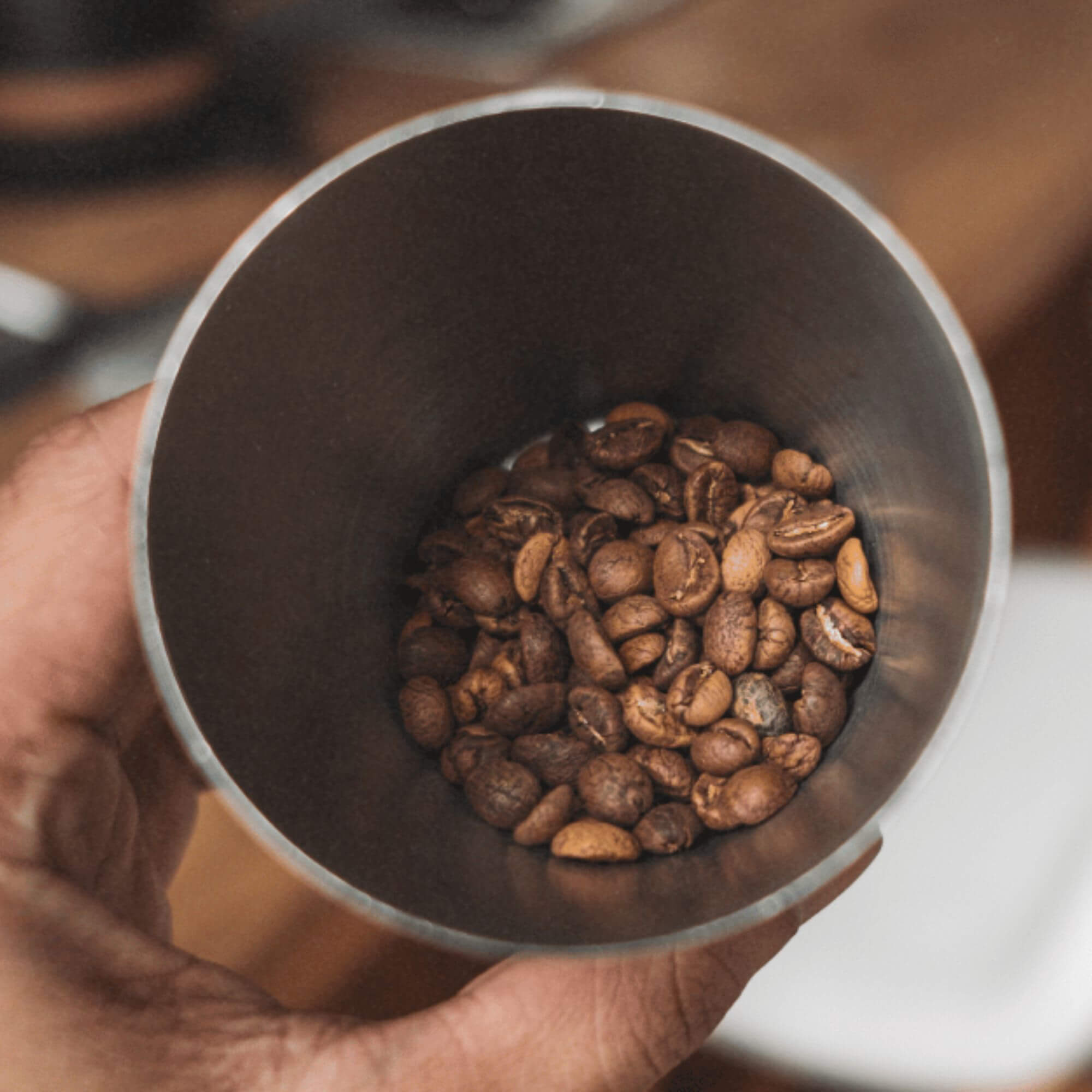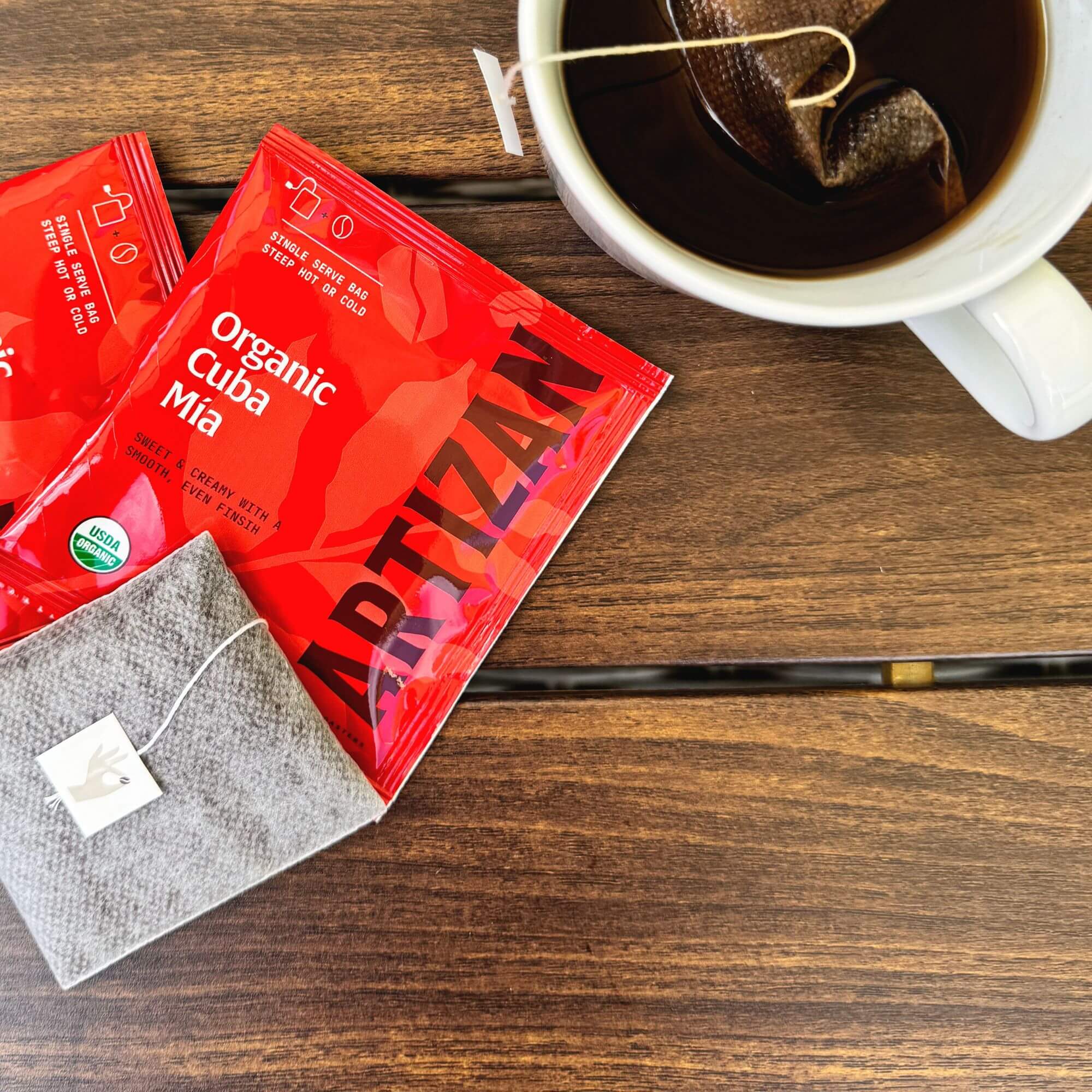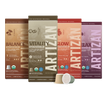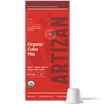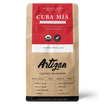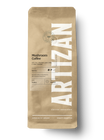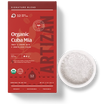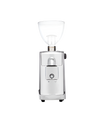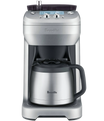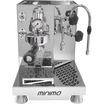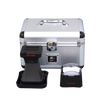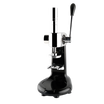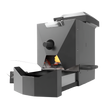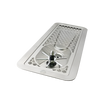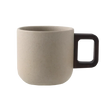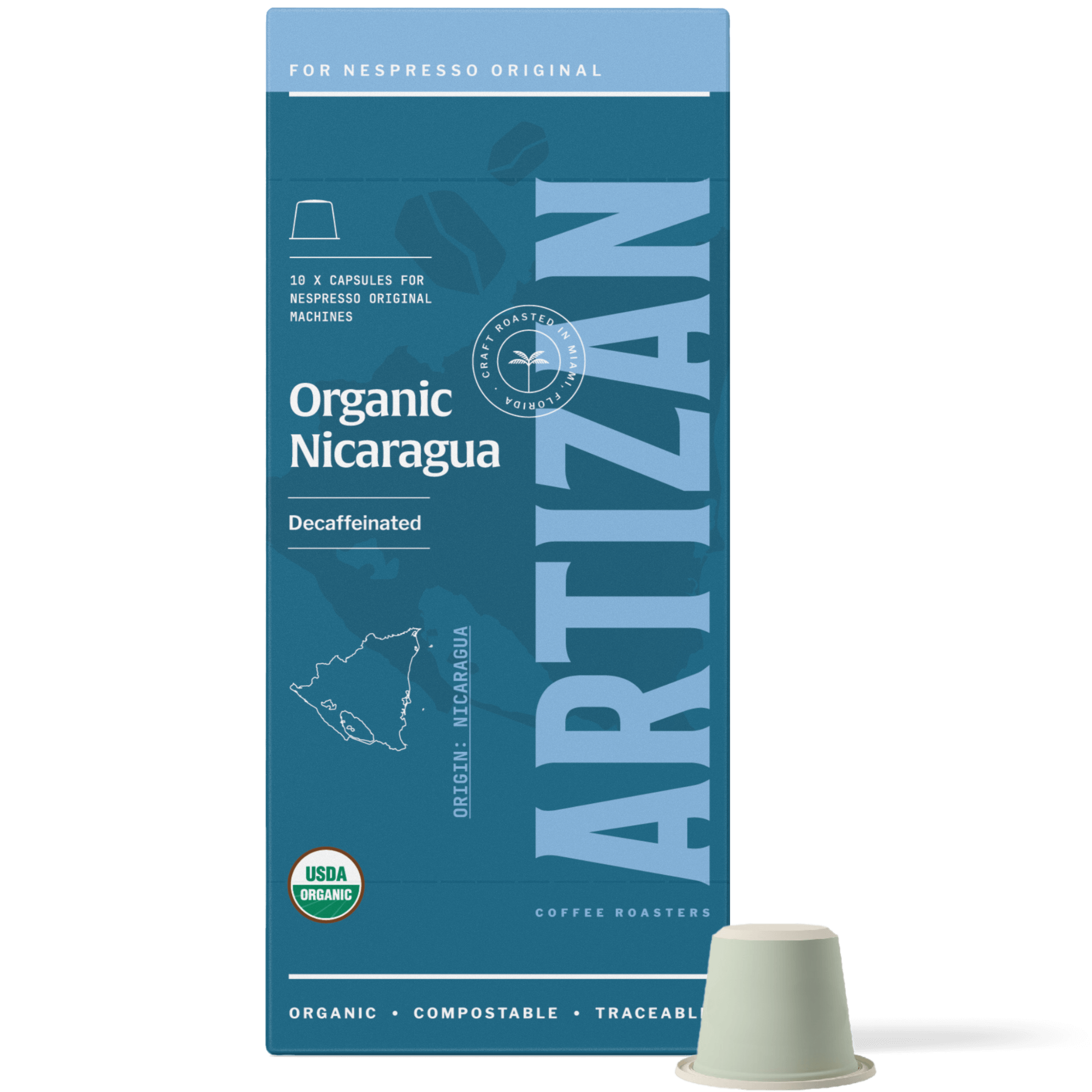
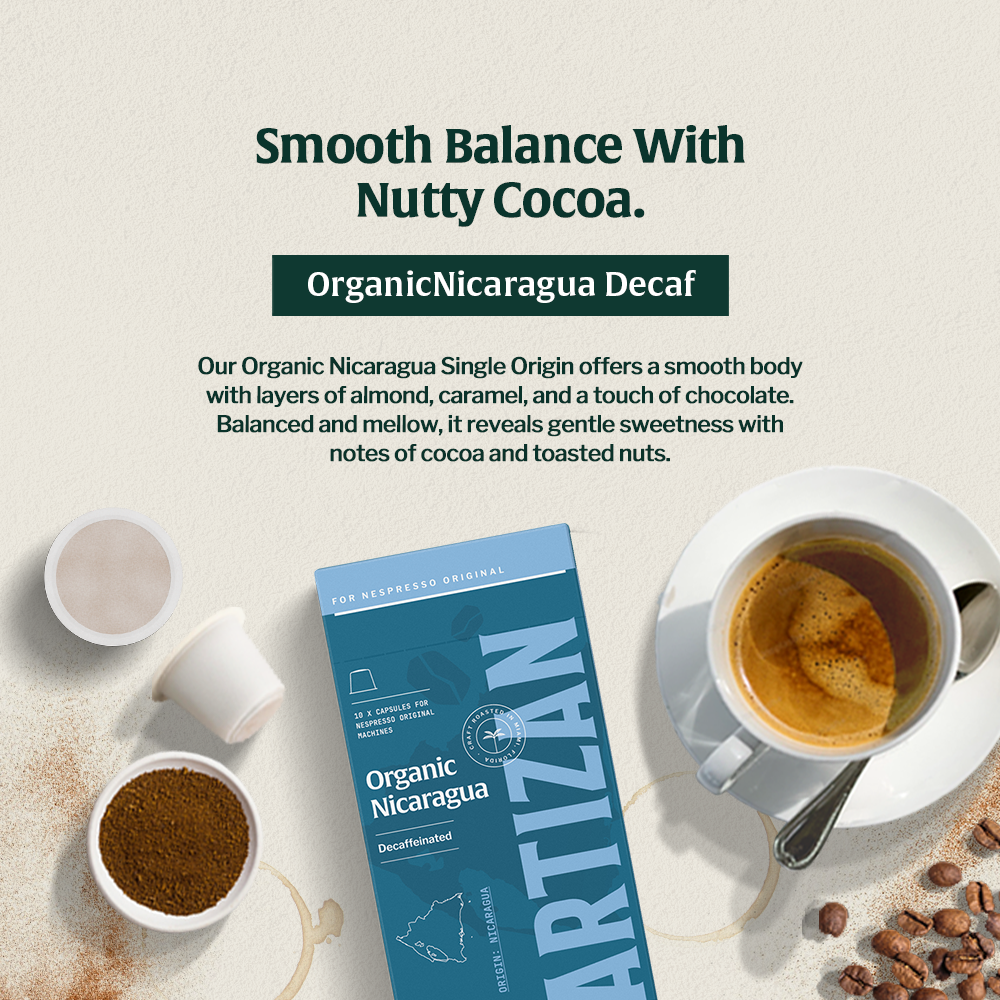
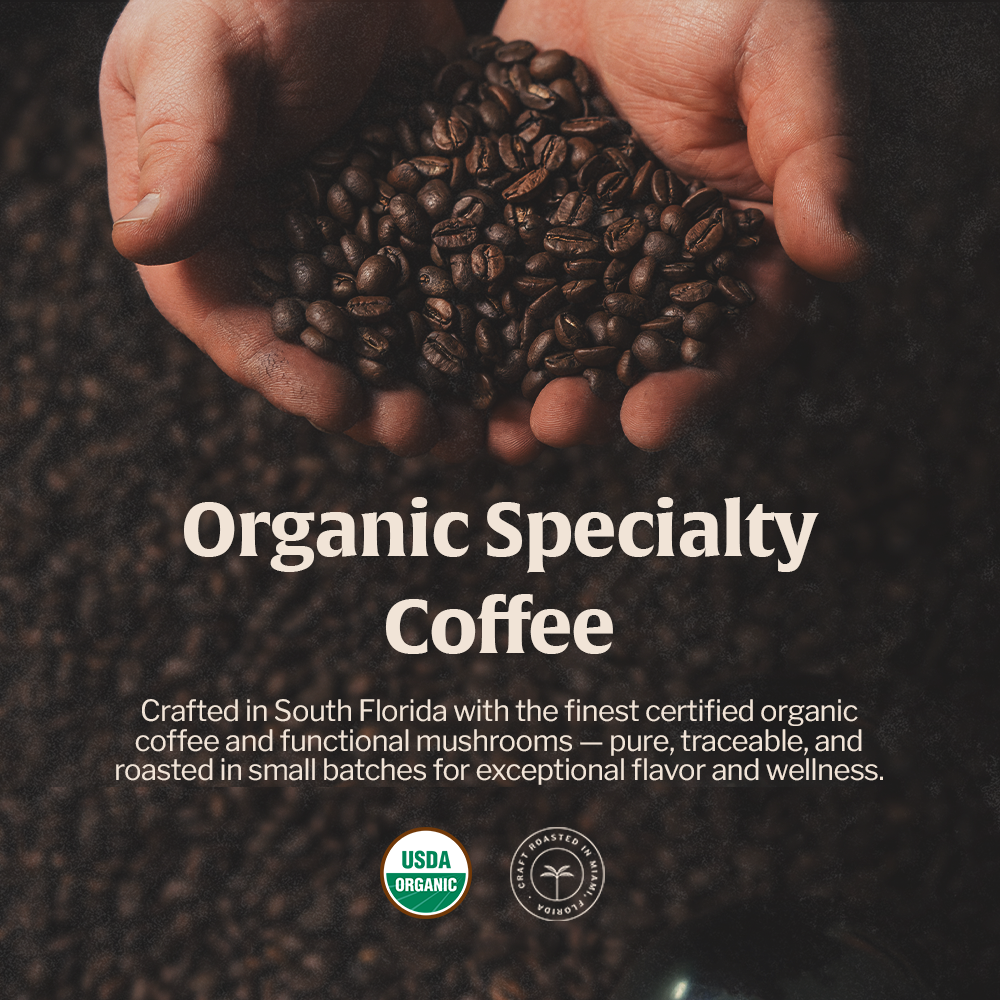
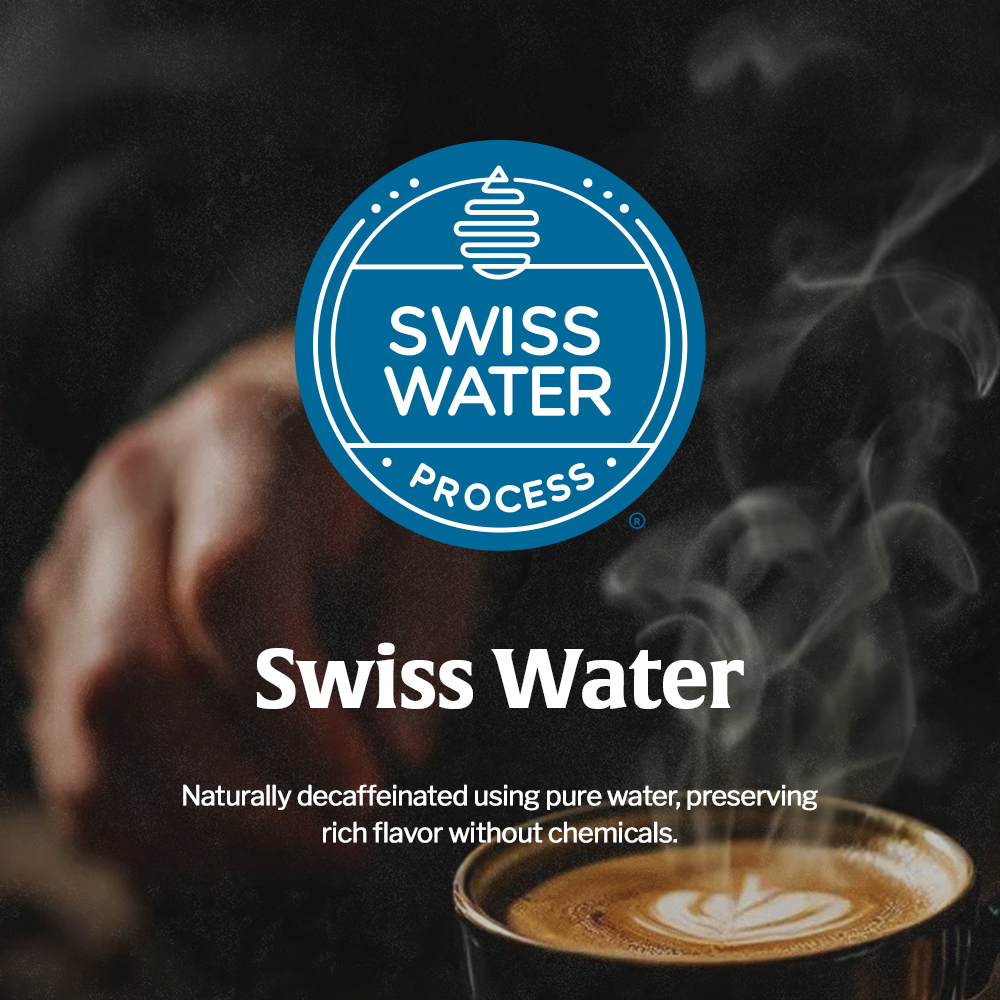
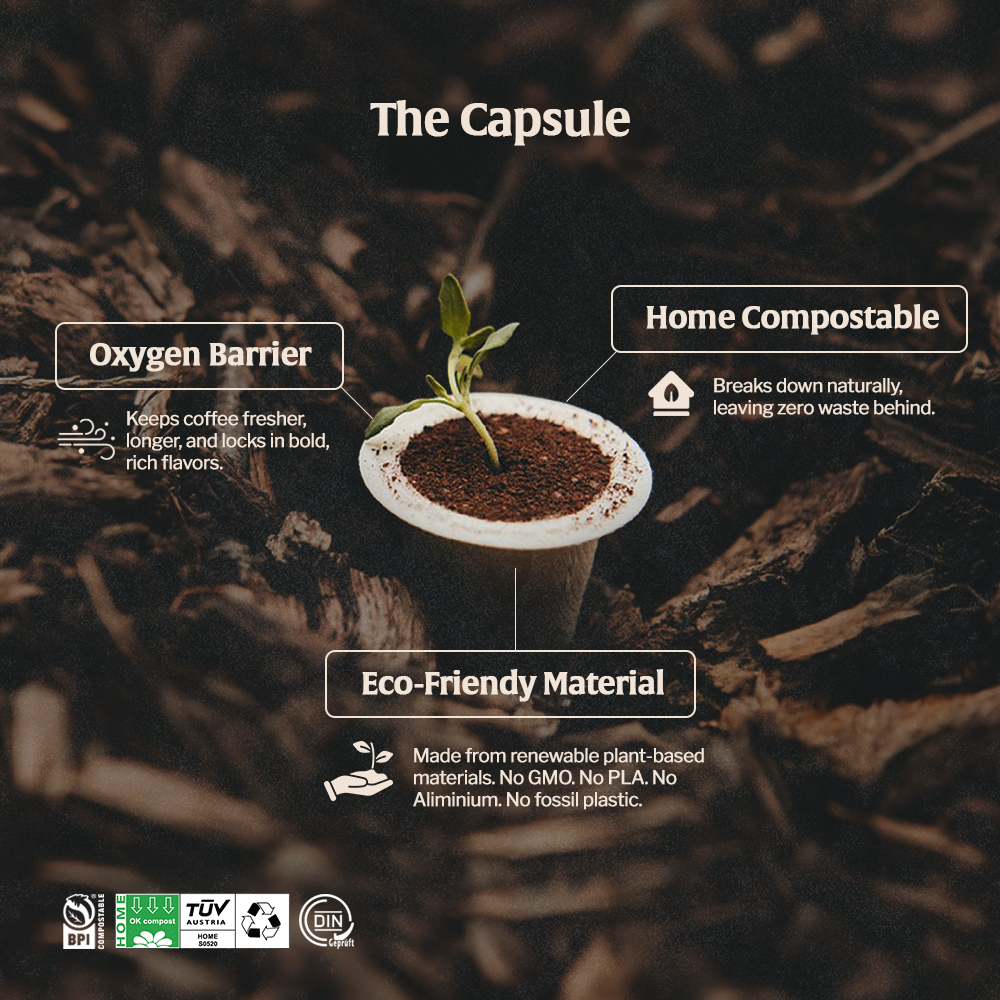
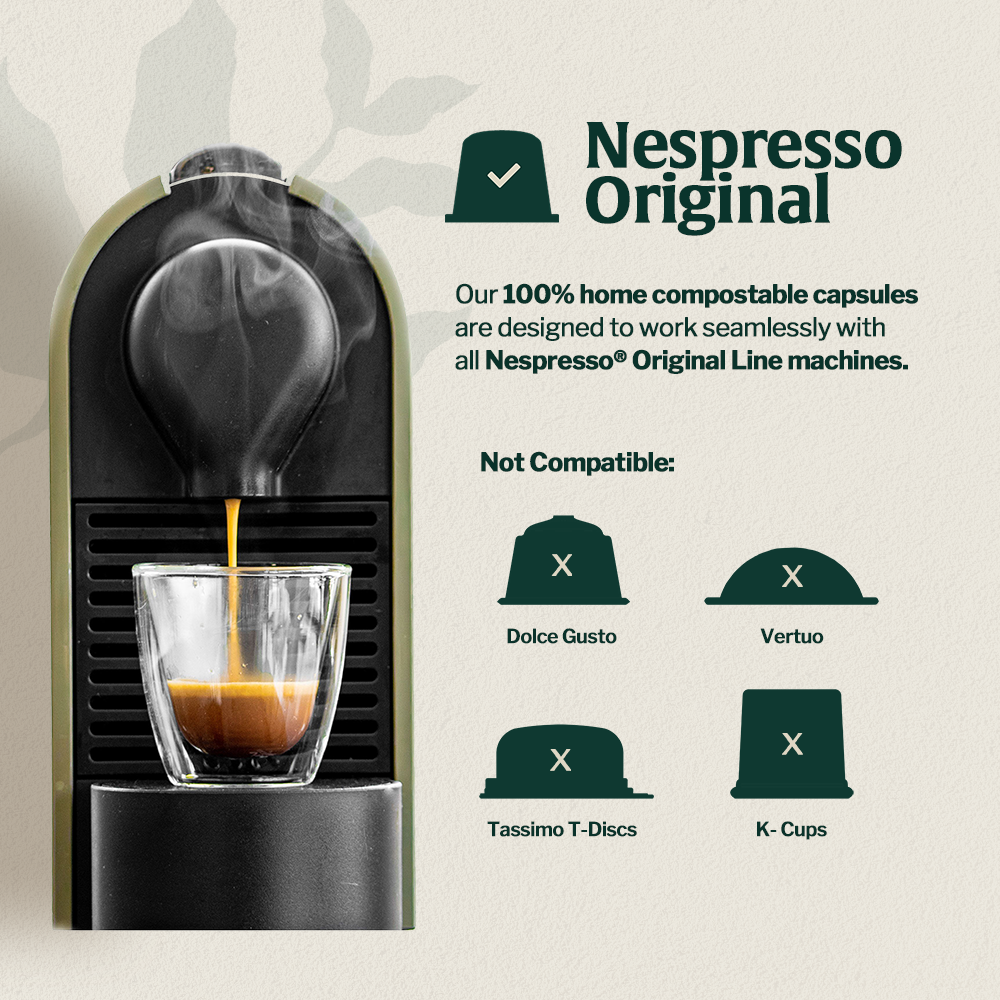
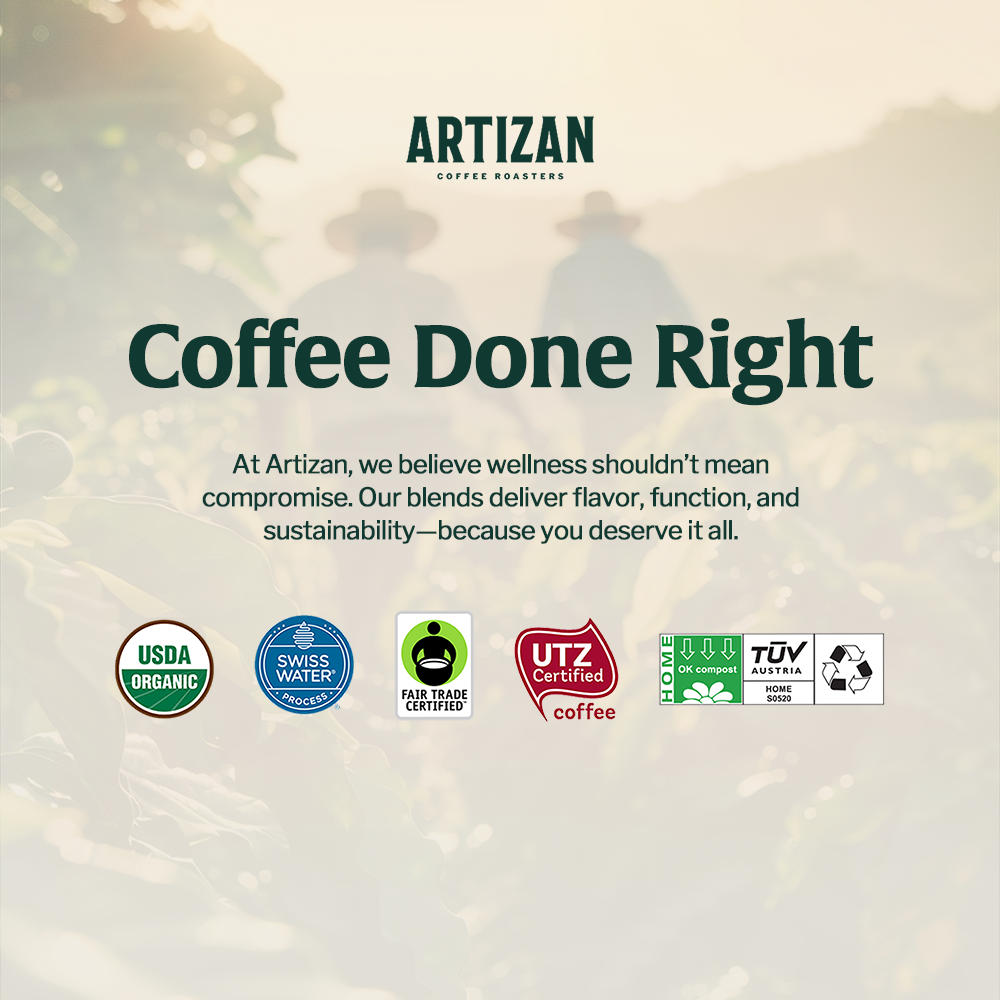
Organic Nicaragua Decaf - Lungo

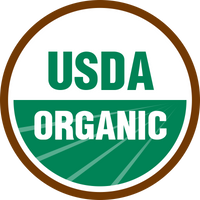
- Tasting Notes: Earthy Roots. Smooth Finish.
- Flavor Profile: Balanced & Mellow
- Intensity: 5
- Roast Level: Full City Plus
- Acidity: Medium
Specialty-Grade Organic Coffee
Freshly Roasted In-House
Nitrogen-Flushed for Freshness
Crafted for Nespresso Original Machines
100% Home Compostable Capsules
Caffeine Level: Decaf
10 Capsules per Box
Origin & Traceability
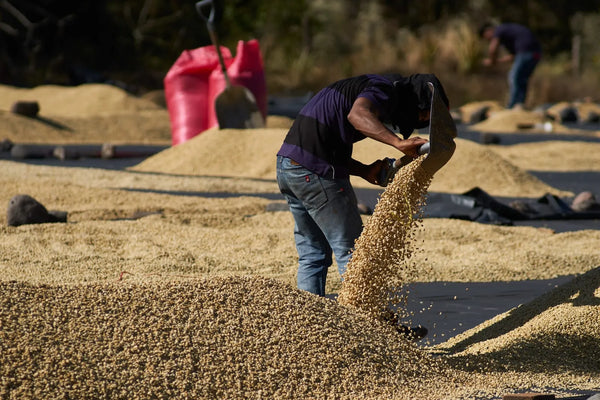
Promotora de Desarrollo Cooperativo de Las Segovías (PRODECOOP)
Promotora de Desarrollo Cooperativo de Las Segovías, better known as PRODECOOP, is a secondary cooperative union based in northern Nicaragua that brings together about 38 base cooperatives and over 2,300 smallholder coffee producers, approximately 27–30% of whom are women, across the departments of Estelí, Madriz, and Nueva Segovia. Founded in the early 1990s—around 1993–1997—in response to economic rebuilding needs after Nicaragua’s civil conflict, PRODECOOP was established to provide farmers with greater bargaining power, collective access to organic and Fair Trade certifications, and the ability to export coffee internationally. Operating at altitudes between 1,200 and 1,500 m MASL, its members cultivate traditional Arabica varieties like Caturra, Bourbon, and sometimes Typica, harvesting coffee primarily between December and March. PRODECOOP offers robust support to its members—including financial loans for farm renovation, agronomic training, technical assistance, and help maintaining certifications—with over 50% of producers certified organic and nearly 100% Fair Trade certified. The cooperative’s processing infrastructure comprises on-farm wet mills and a centrally located dry mill in Palacaguina, staffed by dozens year-round and scaling up during harvest. PRODECOOP is deeply committed to social development and gender equity: providing scholarships to children, promoting food security via diversified farming initiatives, and empowering women through land equity programs and leadership workshops . Their values emphasize family, democracy, climate resilience, and sustainable livelihoods. The coffees they export typically display dark chocolate, cranberry, and walnut notes with a lively acidity and brisk finish—characteristics attributed to careful selective hand-picking, fermentation washing, and rigorous quality control. Through its integrated model of cooperative support, quality-focused processing, and social investment, PRODECOOP has built a compelling example of a farmer-centered organization thriving in the specialty coffee market.
Lot 1154 - Organic Nicaragua Decaf - Segovia Royal Select SWP
- Country: Nicaragua
- Region: Estelí, Madriz, & Nueva Segovia
- Co-op: Promotora de Desarrollo Cooperativo de Las Segovías (PRODECOOP)
- Harvest: October-March
- Process: Fully WashedDried in the Sun
- Variety: Catuai, Caturra, Bourbon, Typica
- Altitude: 1,250 - 1,800 meters
- Soil: Volcanic Loam, Clay-Mineral Rich
- Arrival Date: 2023-02-13
- Lot Number: 1154
Certified USDA Organic
We’re not just using organic beans—we’re a USDA Organic certified facility. That means every step of our process, from sourcing to roasting to packaging, meets the highest standards. No synthetic pesticides, no chemical fertilizers—just clean coffee from soil to capsule.
Specialty-Grade Quality
Only the top 5% of coffee beans in the world qualify as specialty-grade. We go a step further—selecting only those that are also certified organic. Each batch is tested for quality and purity, including mold and mycotoxins. It’s coffee without compromise.
Swiss Water® Decaf (If applicable)
For our decaf products, we use the 100% chemical-free Swiss Water® Process—preserving flavor while eliminating caffeine without compromise.
Fair Trade Certified
We partner with producers who are paid fairly, work under ethical conditions, and invest in their communities. Fair Trade certification means your coffee supports a supply chain that’s as sustainable for people as it is for the planet.
Certifications You Can Count On
Made In-House for Full Transparency
We don’t outsource quality. Every capsule is roasted, filled, and packed in our organic-certified, FDA-registered facility in South Florida—ensuring total transparency, craftsmanship and complete control over what goes into your cup.
No White-Label. No Mystery Fillers.
Most capsule brands use third-party manufacturers and mass-market coffee. We don’t. What’s in your cup is 100% traceable, 100% Artizan, and 100% intentional.
Built for a Better Daily Ritual
Exceptional coffee shouldn’t come at the planet’s expense. Our capsules are crafted to deliver bold flavor and convenience—without waste, compromise, or question marks.
100% Home Compostable
No plastic. No aluminum. Just renewable, plant-based materials. Toss them in your compost—they’ll break down naturally, leaving no trace.
Why It Matters
Billions of pods end up in landfills every year. Ours don’t. Choosing Artizan means choosing a better daily habit—for you and the planet. Zero waste, zero compromise.
Sustainable from the Start
We designed our entire process to reduce environmental impact. From sourcing organic beans to roasting in small batches to compostable packaging, sustainability isn’t a buzzword—it’s built into everything we do.
Built for a Better Daily Ritual
We believe exceptional coffee shouldn’t come at the planet’s expense. Our capsules are designed to deliver big on flavor, while keeping your footprint small.
USDA Organic · Home Compostable · Nespresso Compatible · Roasted in South Florida
Box of 10 Home Compostable Capsules for Nespresso®* Original. (Not Compatible with Nespresso®* Vertuo).

Frequently Asked Questions
At Artizan Coffee, we’ve reimagined what a capsule can be. Our Nespresso® OriginalLine–compatible capsules are filled with USDA certified organic specialty coffee, roasted fresh in our Davie, Florida roastery. We grind and pack in-house—never outsourcing—so every capsule delivers full flavor and aroma, just as intended.
Even better, our Zero Impact Capsules are made from plant-based, home-compostable materials. No aluminum, no plastic waste—just exceptional coffee that’s good for you and the planet.
Are Your Capsules Compatible With any Nespresso Vertuo Machine?
No. Our capsules are not compatible with any Nespresso Vertuo machines. Vertuo machines use a completely different capsule shape and brewing system that is incompatible with Nespresso OriginalLine–style capsules, like the ones we produce.
If you’re using a Vertuo machine, we recommend checking directly with Nespresso for compatible options.
If you have an OriginalLine Nespresso machine, our capsules are a perfect fit.
Will Artizan Coffee Capsules Fit My Nespresso Machine?
Artizan Coffee capsules are specifically designed to work with the following Nespresso OriginalLine machines:
Delonghi C190, D290, Citiz, Citiz&Milk, Maestria, U, Le Cube, Inissia, Lattissima Plus, Lattissima Touch, Lattissima One, Pixie, KitchenAid, Prodigio, Expert, Essenza Mini, Creatista, Creatista Uno, and Creatista Plus.
❗Important Note: Artizan capsules may not work with all Nespresso Original machines. If your machine is not listed above, compatibility is not guaranteed.
Known machines that are NOT compatible with Artizan capsules:
- Nespresso Lattissima Pro
- D150 Nespresso
- Ninja Espresso & Coffee Barista System
- Miele Coffee Machine
If you're unsure about compatibility, feel free to contact us we’re happy to help.
Do Your Capsules Contain Any BPA?
No. Our capsules arecompletely free of BPA (bisphenol-A), phthalates, and halogens. They’re made fromplant-based, compostable materialsthat are food-safe, non-toxic, and environmentally friendly. You can enjoy your coffee knowing the capsule is as clean and conscious as what’s inside.
How Many Capsules Are In A Box?
Each box contains 10 capsules.
Are Artizan Coffee Capsules Aluminum And Plastic-Free?
Our capsules do not contain any aluminum, so there’s no risk of aluminum leaching during brewing. Instead, we use plant-based, home compostable biodegradable materials that are safe for you and better for the environment.
How Much Coffee Is In Your Capsules?
Each Artizan Coffee capsule contains between 5 and 6 grams of specialty organic coffee, depending on the specific blend or product. On average, our capsules hold approximately 5.5 grams—crafted to deliver a balanced and flavorful espresso experience.
How Much Caffeine Is In Each Capsule?
On average, our capsules containbetween 60 mg and 120 mg of caffeine, depending on the roast level and coffee origin. Ourdecaf capsulescontain only 1 to 2 mg of caffeine per serving, thanks to our chemical-free Swiss Water® decaffeination process.
What Are Your Capsules Made Of?
Our Nespresso®*-compatible capsules are made from BASF’s ecovio®, a biobased and fully compostable polymer. This high-quality bioplastic is a blend of ecoflex®—a biodegradable polymer—and PLA (polylactic acid) derived from renewable resources like sugarcane.
These plant-based materials allow us to deliver a convenient single-serve coffee experience without compromising our commitment to sustainability. Our capsules are certified compostable and designed to break down in the right composting conditions—leaving behind no toxic residue.
*Nespresso® is a registered trademark of Société des Produits Nestlé S.A., which is not affiliated with Artizan Coffee.
What Are The Top Lids Made Of?
Our capsule lids are made from 100% cellulose natural fibers and are FSC® certified, meaning they come from responsibly managed forests. They are both biodegradable and certified compostable—suitable for home and industrial composting in accordance with EN 13432 standards.
This ensures that every part of our capsule, including the lid, aligns with our commitment to sustainability and clean materials—without compromising performance.
Are Your Capsules Compostable Or Biodegradable?
Both. Our pods are designed to be biodegradable and compostable, making them a more sustainable alternative to traditional plastic or aluminum capsules.
Thanks to their special chemical structure, our pods can be broken down naturally by microorganisms and their enzymes. In the high-temperature, high-moisture, oxygen-rich conditions of an industrial composting facility, this process typically takes just a few weeks.
This means you can enjoy the convenience of single-serve coffee without the environmental guilt—our pods are made to disappear the right way.
What about Recycling? Can I Recycle My Used Capsules?
It’s a fair question—and the truth might surprise you.
Over 75% of coffee capsules end up in landfills. Most aren’t truly recyclable, despite the green claims. They’re too small or made with aluminum and plastic, which require complex disassembly. Recycling coffee pods has become more of a marketing tactic than an environmental solution.
That’s why we took a better route.
Our capsules are made from plant-based materials and are 100% home-compostable. Just toss them in your backyard compost, food waste bin, or municipal green bin (where accepted). They break down naturally—no chemicals, no waste.
Can they be recycled?
No. Compostable pods are not meant for recycling. Recycling systems can't process plant-based materials and may treat them as contamination.
What if I throw them in the trash?
Even if composting isn’t an option, our pods still leave a lighter footprint. Unlike plastic or aluminum, they won't pollute the planet for centuries. They’ll break down much more quickly in landfills compared to traditional capsules.
In short: Compost them if you can. Trash is better than recycling in this case. But either way, you're making a cleaner choice.
Where Are Your Capsules for Nespresso Original Machines Made?
All of our Nespresso-compatible capsules are roasted, filled, and packaged in-house at our FDA-approved, USDA-certified organic facility in Davie, Florida, USA.
Unlike most brands—whose pods are produced overseas and often sit in warehouses for months before reaching your cup—ours are made fresh and shipped direct. Many of those imported capsules are roasted up to 3 months before you even open the box, often in countries with inconsistent quality control.
By doing everything under one roof, we ensure exceptional freshness, strict quality standards, and total transparency—from sourcing to the final pour.


